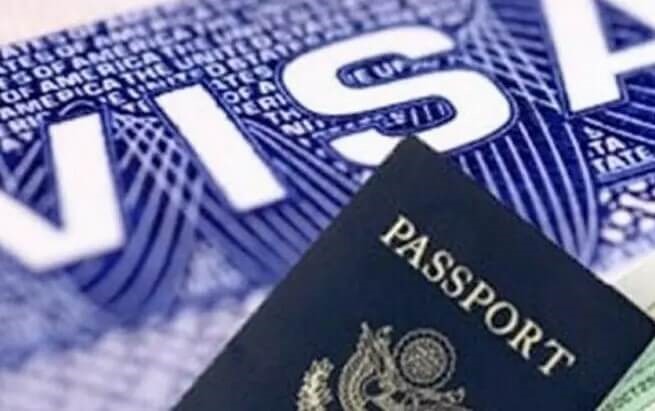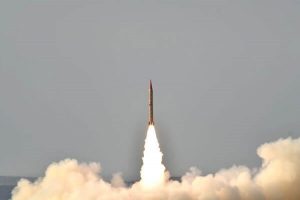H-1B Visas Face $100,000 Annual Fee, Tech Sector at Risk
2 min read
visa
SAN FRANCISCO/WASHINGTON: The Trump administration said on Friday it would ask companies to pay $100,000 per year for H-1B worker visas, potentially dealing a big blow to the technology sector that relies heavily on skilled workers from India and China.
Since taking office in January, Trump has kicked off a wide-ranging immigration crackdown, including moves to limit some forms of legal immigration. The step to reshape the H-1B visa program represents his administration’s most high-profile effort yet to rework temporary employment visas.
“If you’re going to train somebody, you’re going to train one of the recent graduates from one of the great universities across our land. Train Americans. Stop bringing in people to take our jobs,” US Commerce Secretary Howard Lutnick said.
Trump’s threat to crack down on H-1B visas has become a major flashpoint with the tech industry, which contributed millions of dollars to his presidential campaign.
Microsoft and JPMorgan, after the announcement of the new fees, advised employees holding H-1B visas to remain in the United States, according to internal emails reviewed by Reuters.
They also advised employees on the H-1B visas who were outside the US to return before midnight on Saturday (0400 GMT on Sunday), when the new fee structures are set to take effect.
“H-1B visa holders who are currently in the US should remain in the US and avoid international travel until the government issues clear travel guidance,” read an email sent to JPMorgan employees by Ogletree Deakins, a company that handles visa applications for the US investment bank.
Microsoft, JPMorgan and Ogletree Deakins did not immediately respond to Reuters requests for comment.
Critics of the H-1B program, including many US technology workers, argue that it allows firms to suppress wages and sideline Americans who could do the jobs. Supporters, including Tesla CEO and former Trump ally Elon Musk, say it brings in highly skilled workers essential to filling talent gaps and keeping firms competitive. Musk, himself a naturalized US citizen born in South Africa, has held an H-1B visa.
Some employers have exploited the program to hold down wages, disadvantaging US workers, according to the executive order Trump signed on Friday. Reuters




